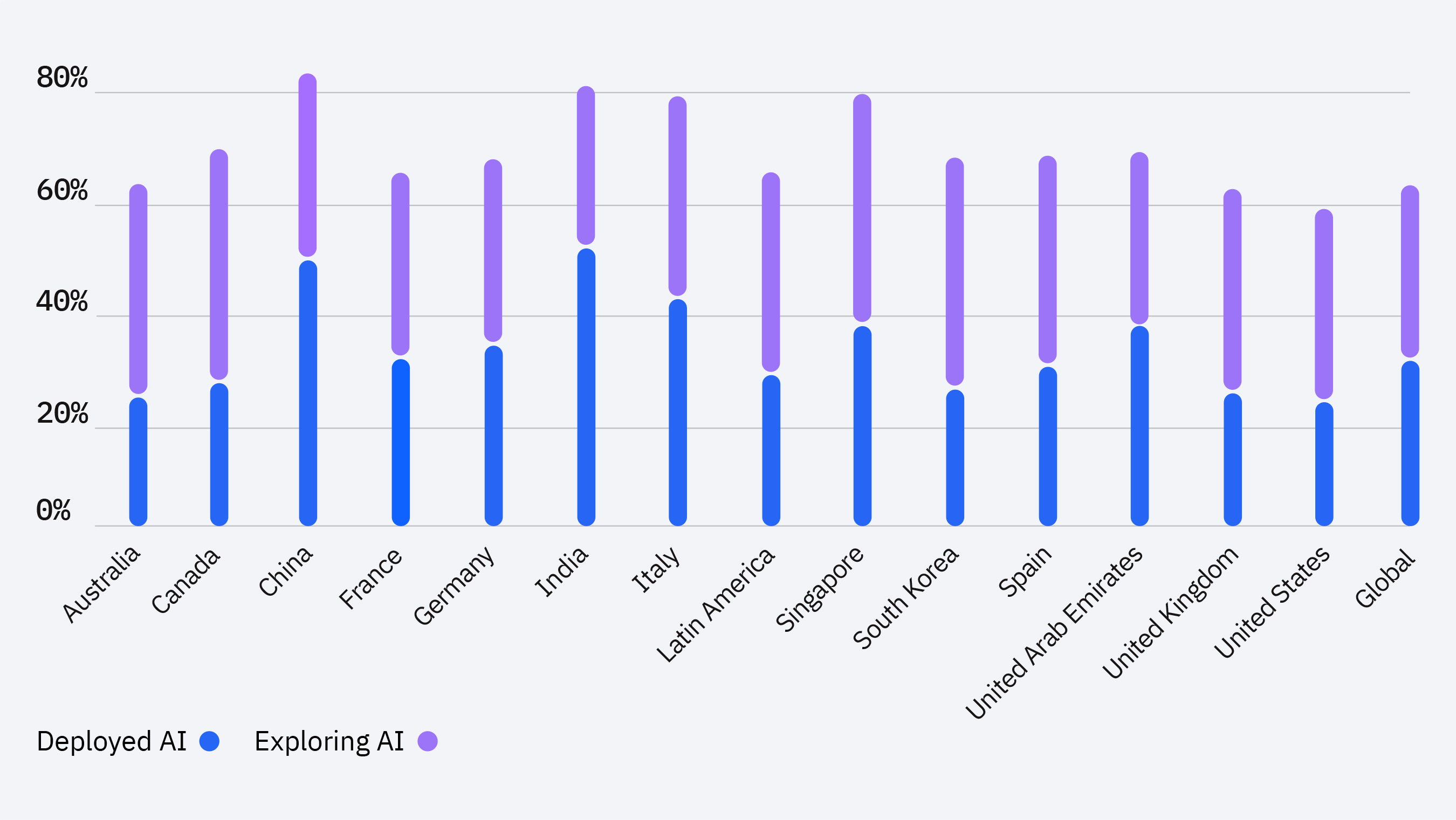
China’s AI Ambition: How Large Language Models are Revolutionizing the Public Sector
 China’s public sector is accelerating its adoption of artificial intelligence, with large language models at the forefront.
China’s public sector is accelerating its adoption of artificial intelligence, with large language models at the forefront.
In the first half of 2024, a staggering 81 contracts involving the use of large language models for public projects found successful bidders, up from just one a year earlier. This surge in adoption is a testament to the growing importance of AI in China’s public sector.
“The contracts reflect interest from large Chinese firms, as public disclosures are only required for projects that either involve public interest and safety, public funds or loans from foreign entities.” - Source
The successful bidders include tech giants Baidu, Huawei Technologies, and Tencent Holdings, as well as well-funded start-ups. Operators in energy, telecoms, finance, and scientific research are the most eager to tap into the potential of large language models, with these industries seeing 19, 14, 12, and 10 deals, respectively.
 A district environmental protection agency in Beijing bought bespoke LLMs to help it predict flood seasons.
A district environmental protection agency in Beijing bought bespoke LLMs to help it predict flood seasons.
The Nuclear Power Institute of China and China Merchants Securities are counting on LLMs developed by Beijing-based start-up Zhipu AI to help organize knowledge from materials accumulated over years of operations for more convenient staff use.
Chinese energy powerhouses are also looking to use LLMs to find deficiencies across a variety of equipment used in power grids and for oil exploration.
The most prolific bidders were not China’s traditional internet giants. Zhipu AI, known as one of China’s four “AI Tigers,” has won the most LLM-related contracts this year at 12. AI firm iFlyTek, a US-sanctioned company known for its voice-recognition technology, successfully bid on 10 contracts from Chinese state-owned enterprises and government agencies.
Baidu and Huawei followed with five and three successful bids, respectively.
From month to month, there was a significant pickup in the pace of LLM contract bidding in the second quarter. January, February, and March saw nine, five, and nine contracts with successful bids, respectively. In April, that number jumped to 20 and then 24 in May. There have been 14 in June.
 The total value of all 81 contracts is 433 million yuan, with an average of 5.3 million yuan per contract.
The total value of all 81 contracts is 433 million yuan, with an average of 5.3 million yuan per contract.
The most lucrative contract came from PipeChina, officially known as China Oil & Gas Piping Network Corporation, which is paying 152.6 million yuan (US$21 million) for LLM-related tech from Taifu Industry, a subsidiary of state-affiliated Shandong Energy Group.
Taifu will develop both software and hardware for training and developing LLMs for PipeChina, which oversees the management of the nation’s extensive oil and gas pipelines.
As China continues to accelerate its adoption of AI, it’s clear that large language models will play a critical role in shaping the country’s public sector. With their ability to process vast amounts of data and provide insights, LLMs are poised to revolutionize industries and transform the way we live and work.
 The future of AI in China is bright, and it’s exciting to think about the possibilities that lie ahead.
The future of AI in China is bright, and it’s exciting to think about the possibilities that lie ahead.















